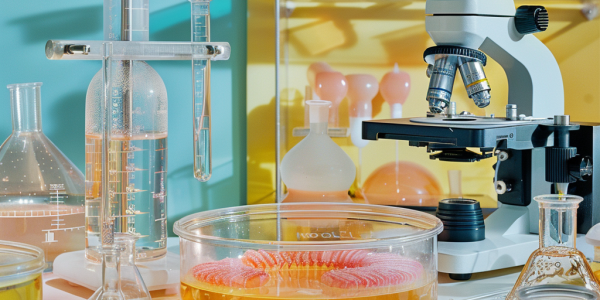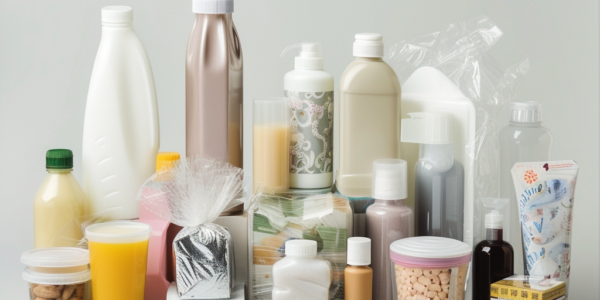Study Links Plastic Ingredient BBP to DNA Damage and Reproductive Risks
A new study from Harvard Medical School reveals that benzyl butyl phthalate (BBP), a common plastic ingredient, may cause DNA damage and chromosome errors, raising concerns about reproductive health. This research highlights the toxic effects of BBP, commonly found in consumer goods, and its potential to disrupt genetic integrity, emphasizing the need for regulatory scrutiny and further investigation into the health impacts of plasticizers.
Rising Preterm Birth Rates in the U.S. Cause Concern Among Experts
New federal data from the CDC shows a 12% increase in preterm births in the U.S. between 2014 and 2022, leaving doctors puzzled. Factors such as obesity, hypertension, diabetes, and environmental exposure to hormone-disrupting chemicals and air pollution are believed to be contributing to the rise. Preterm births, accounting for 1 in 10 births in the U.S., can lead to severe health effects on infants.
Rise in Premature Births Linked to Synthetic Chemicals in Food Packaging and Personal Care Products
A new study suggests that synthetic chemicals found in food packaging and personal care products, known as phthalates, could be contributing to the rise in premature births. These ‘everywhere chemicals’ have been shown to disrupt hormones and impact the functioning of the placenta, potentially triggering preterm labor. The study identified a specific phthalate, DEHP, commonly found in food packaging, as a significant contributor to preterm births, raising concerns about their potential impact on public health.



